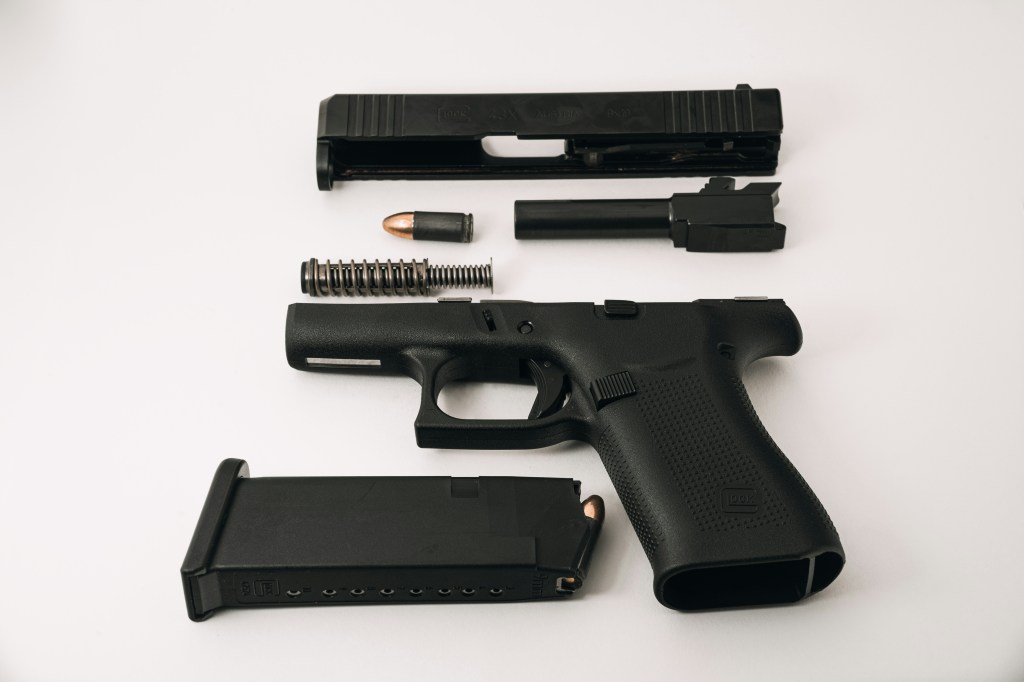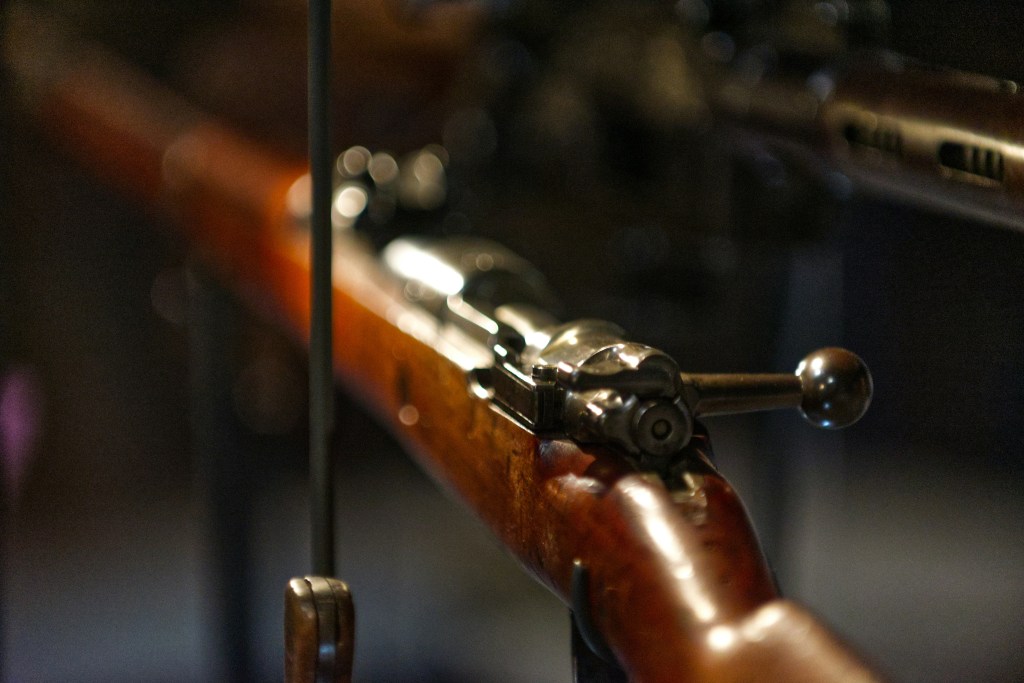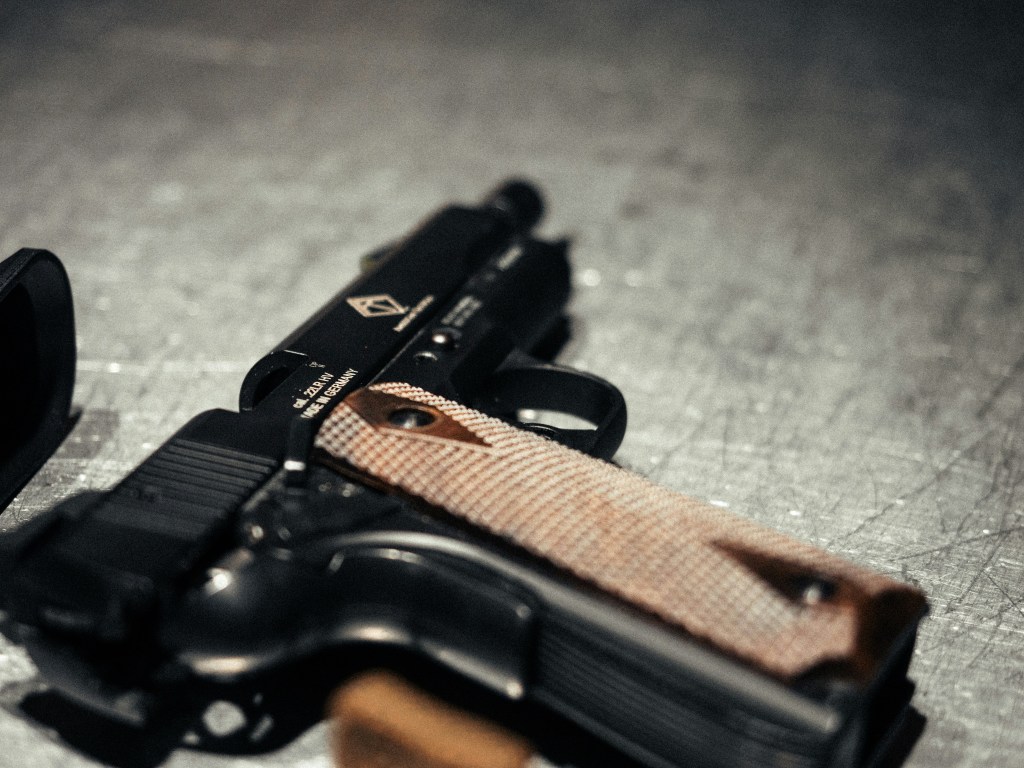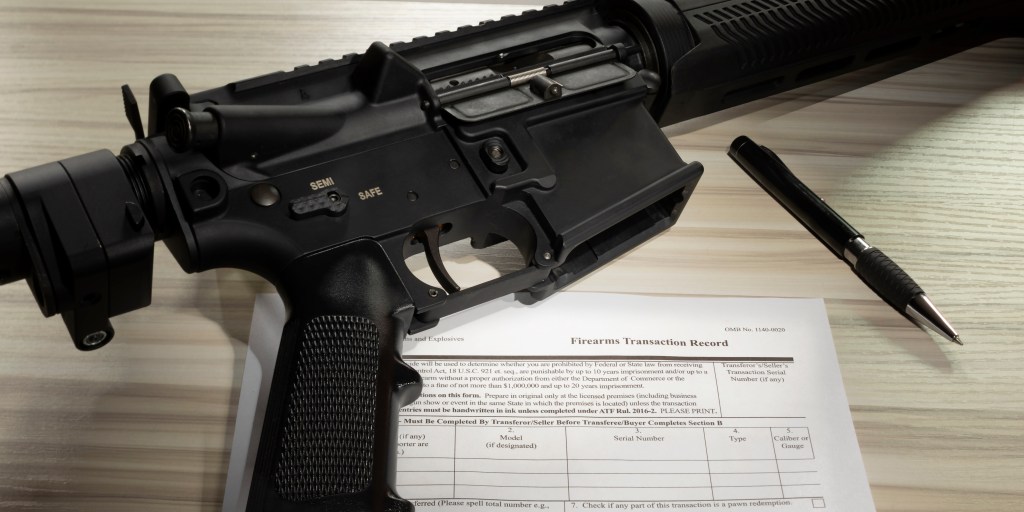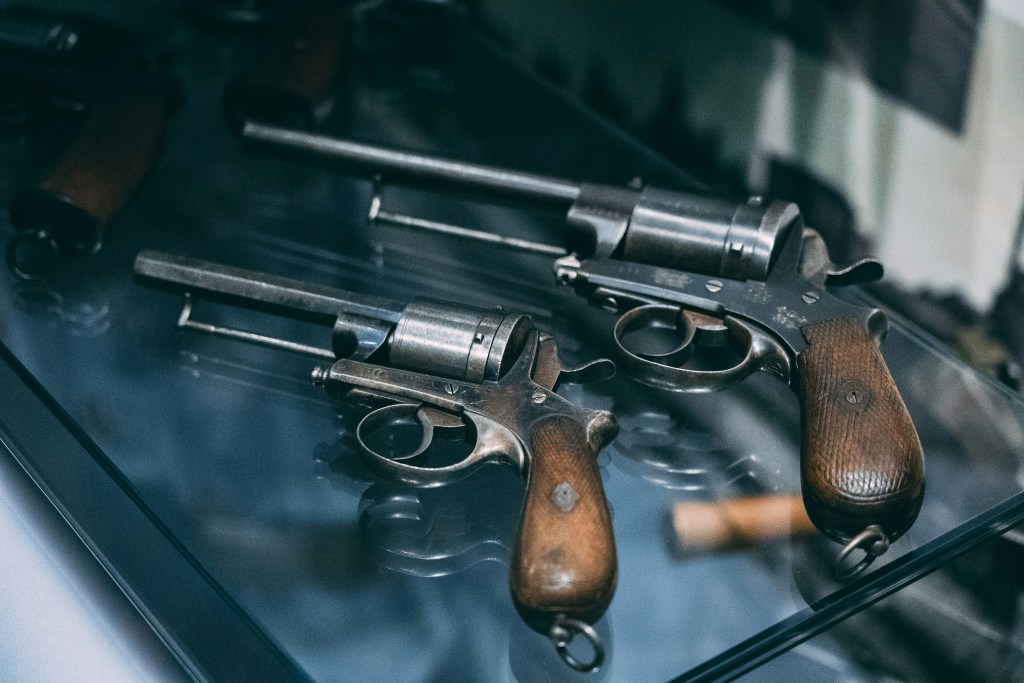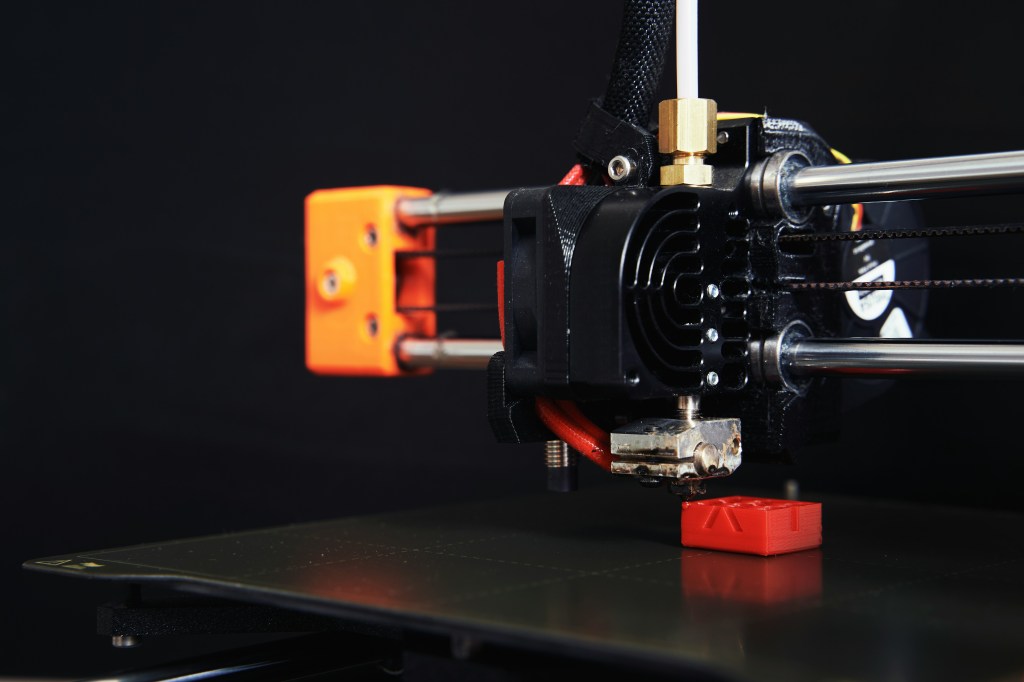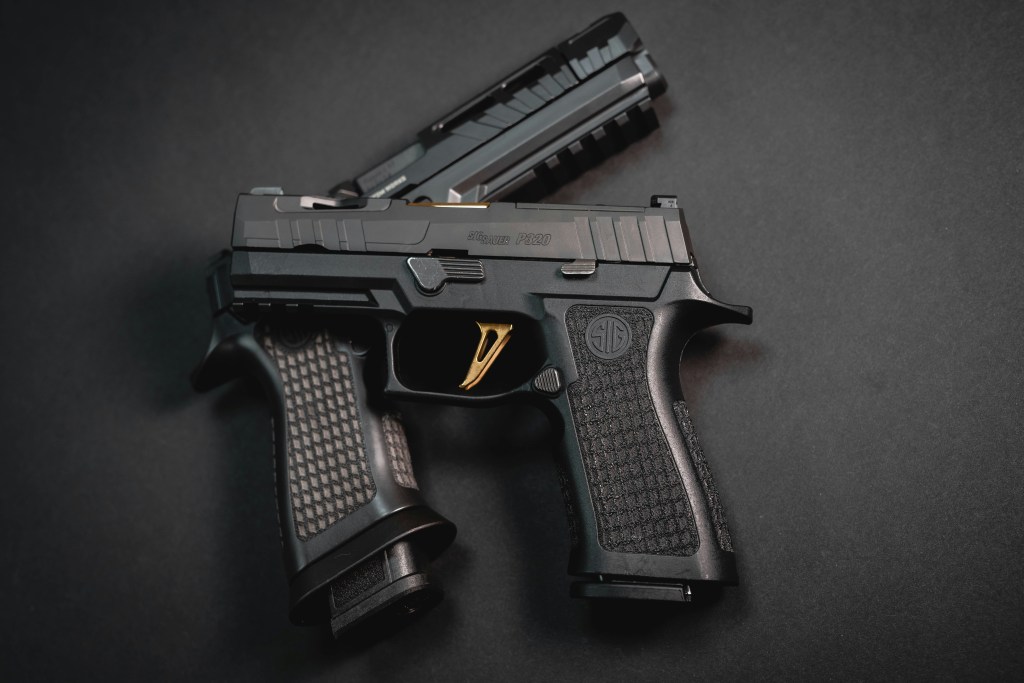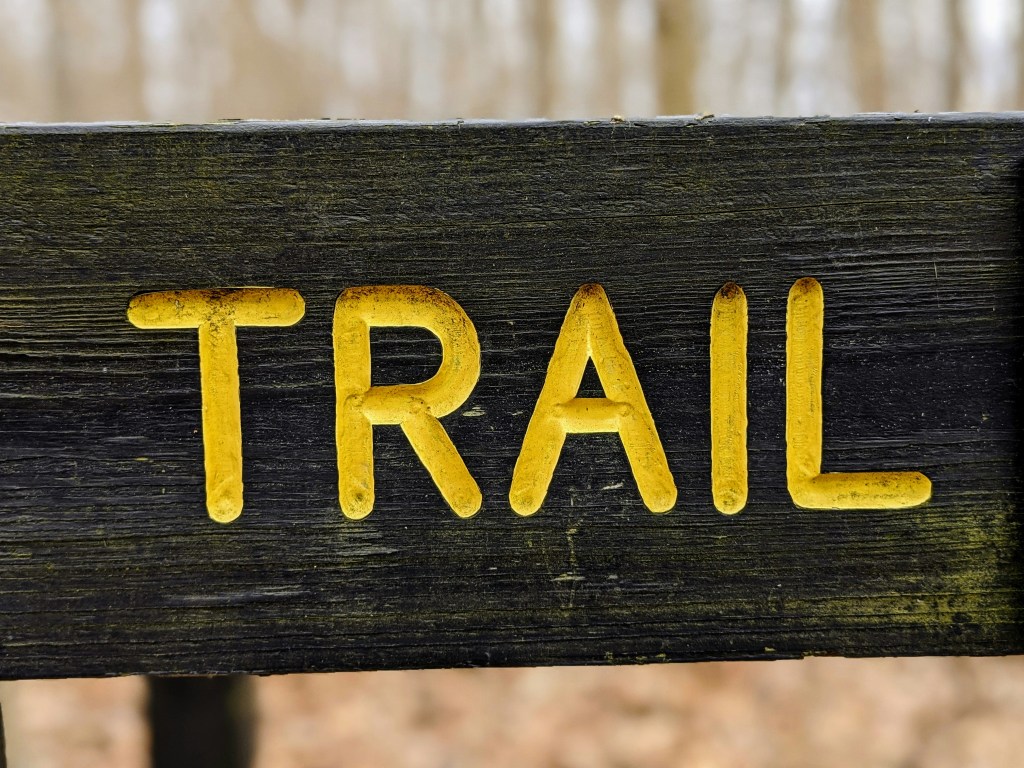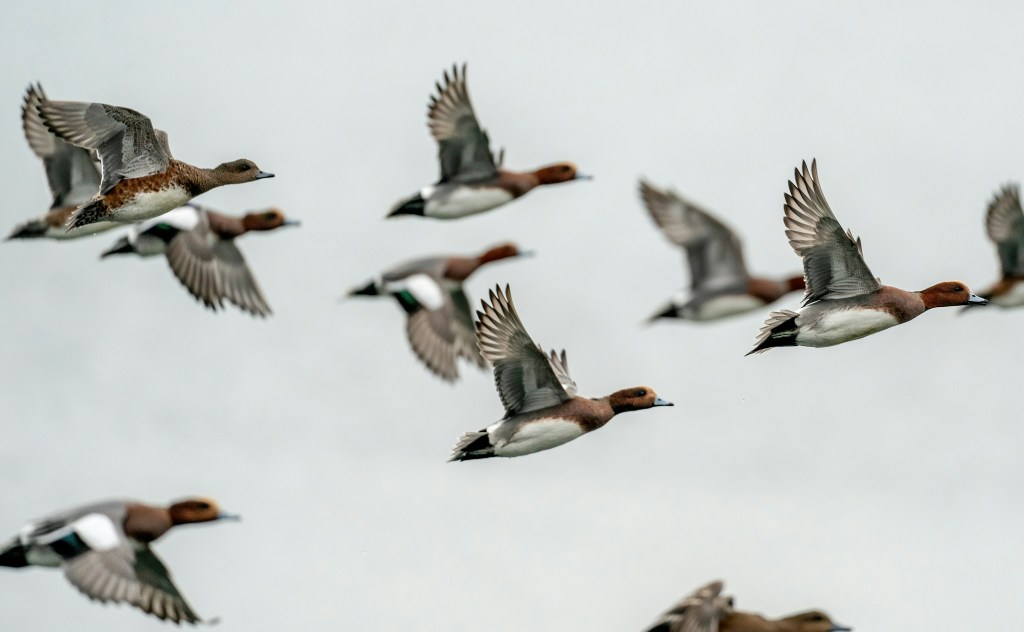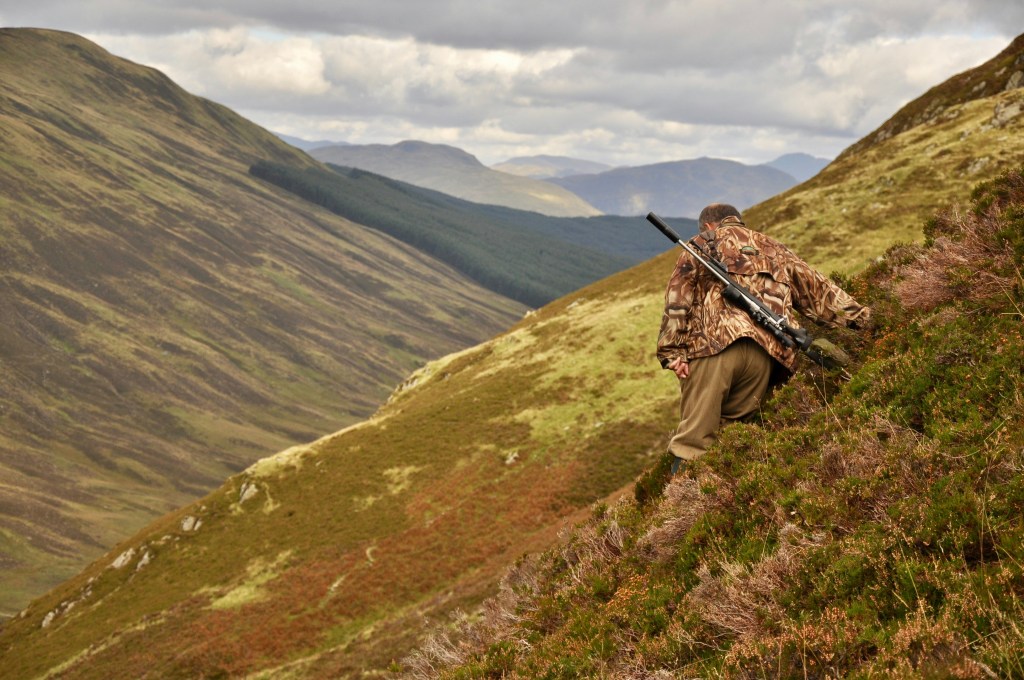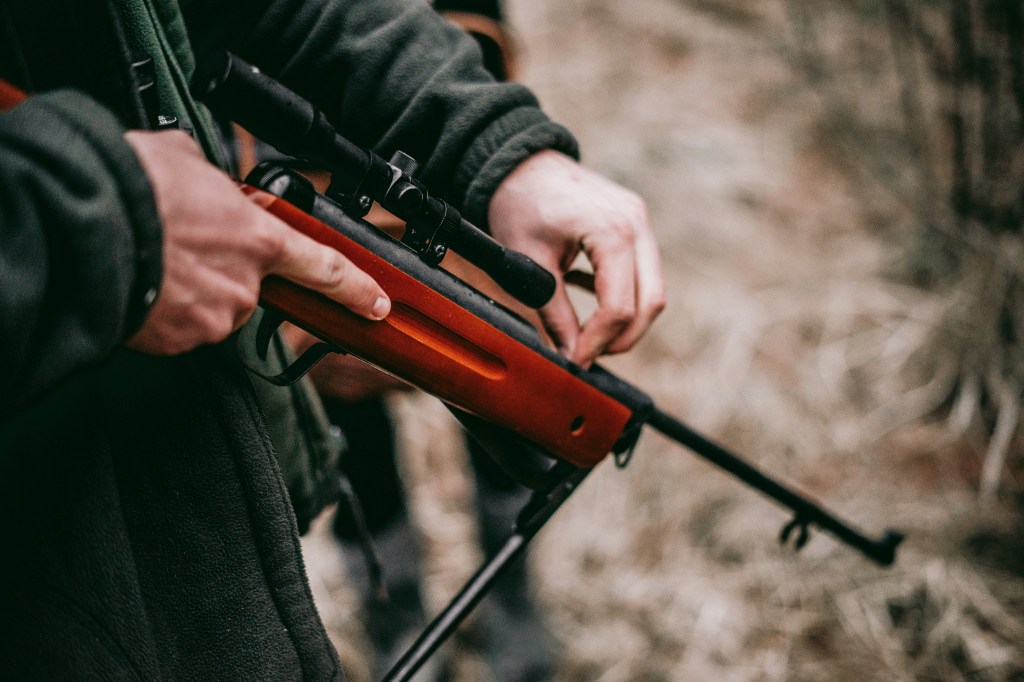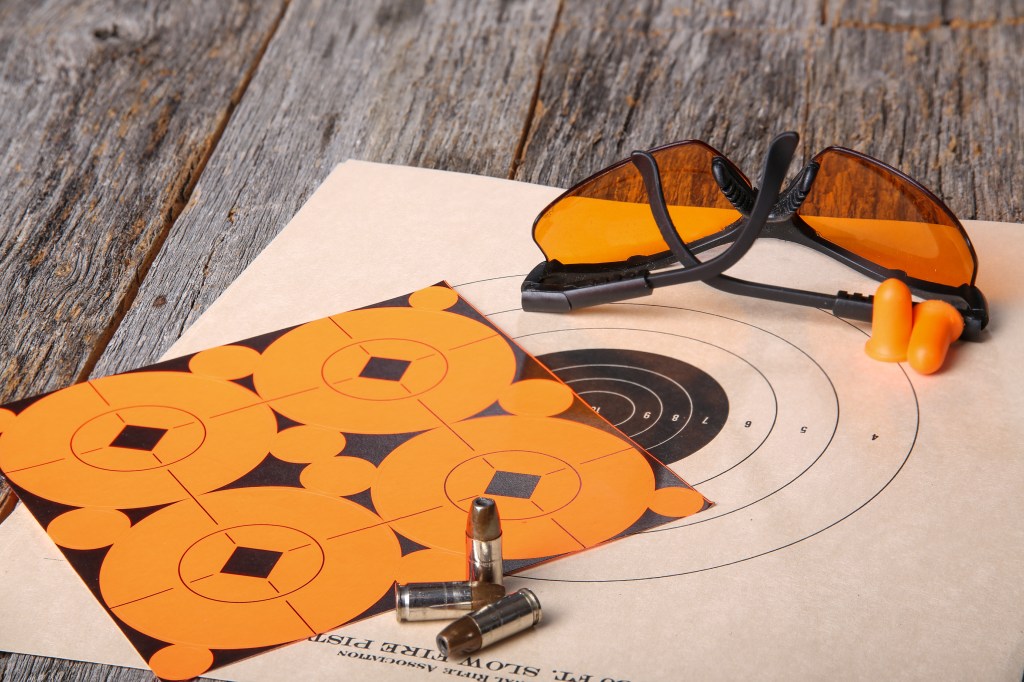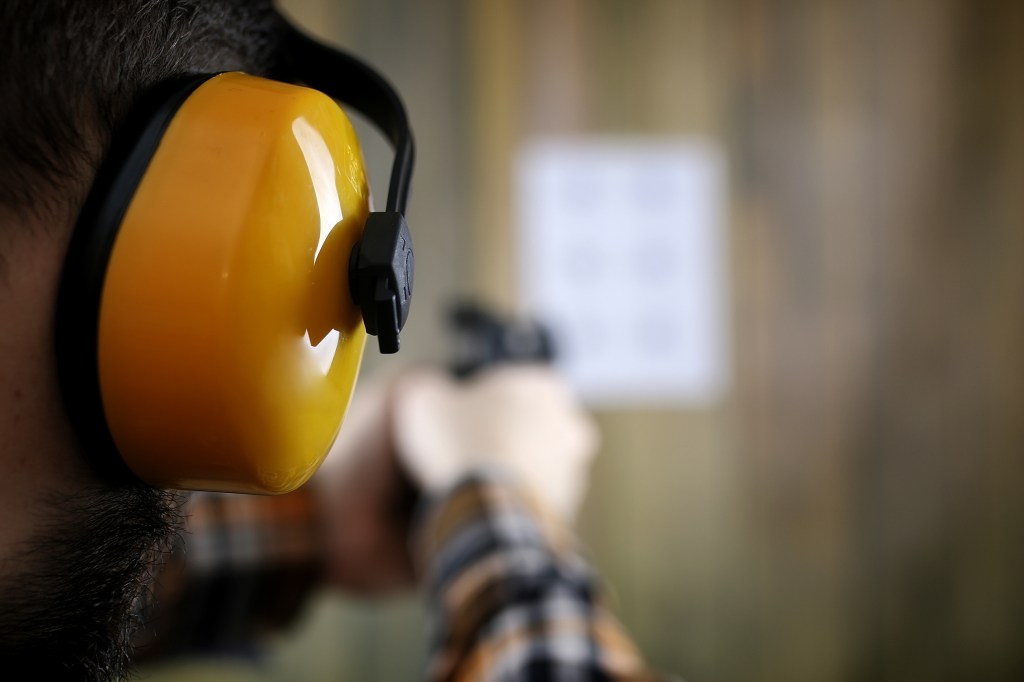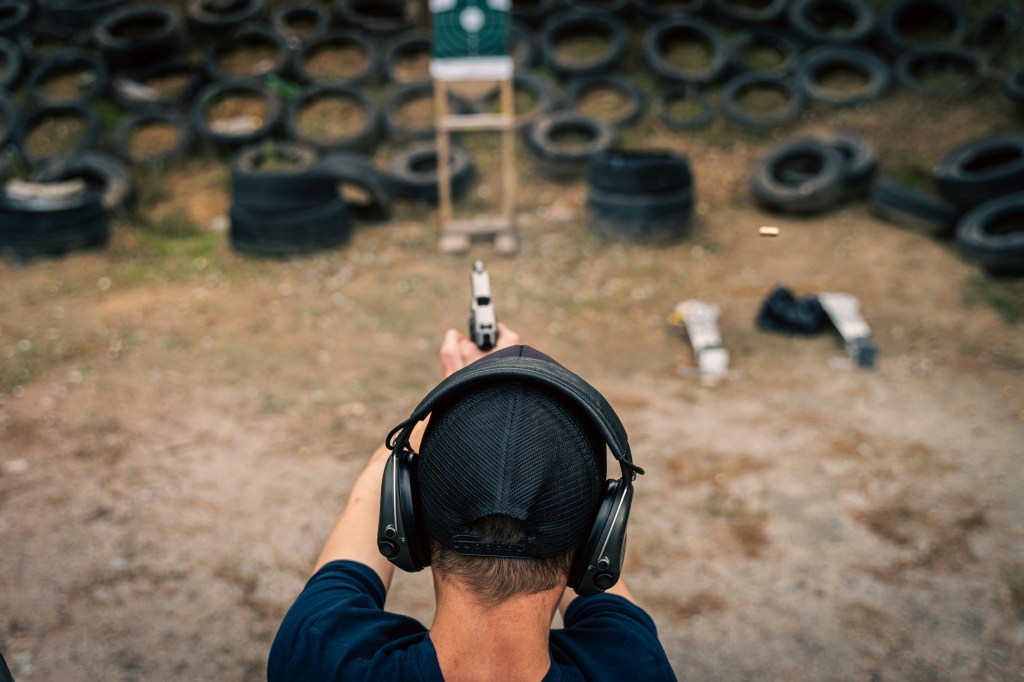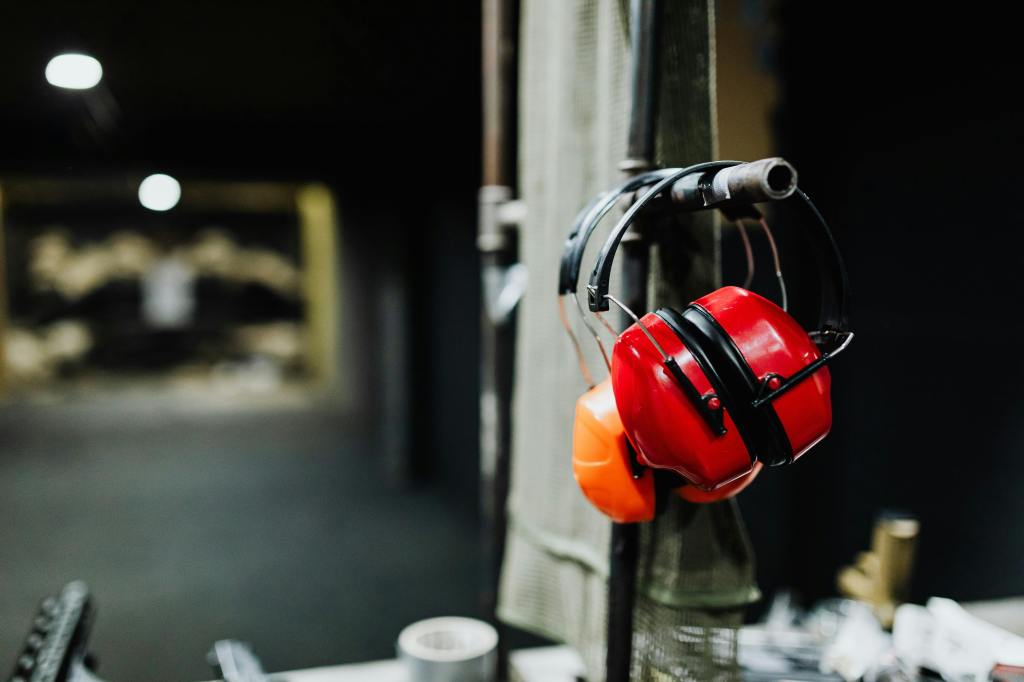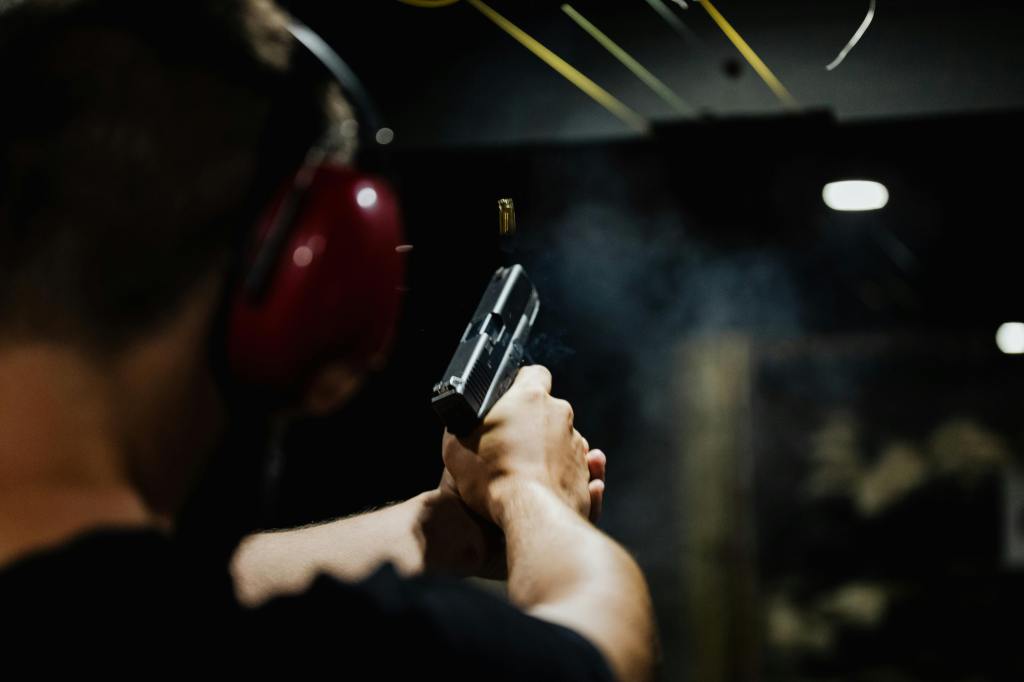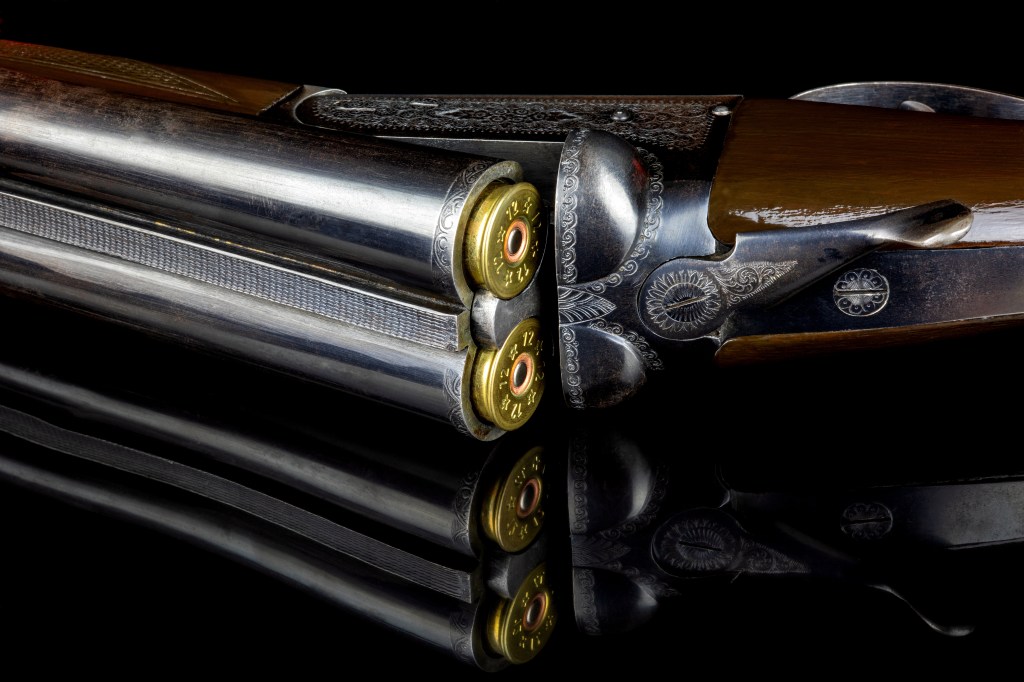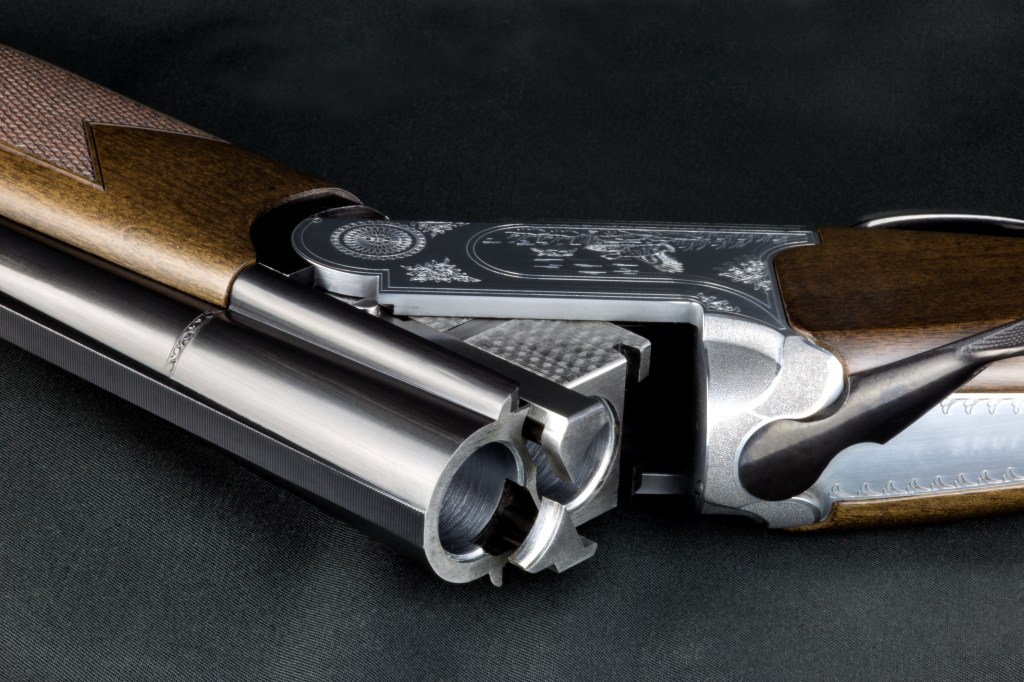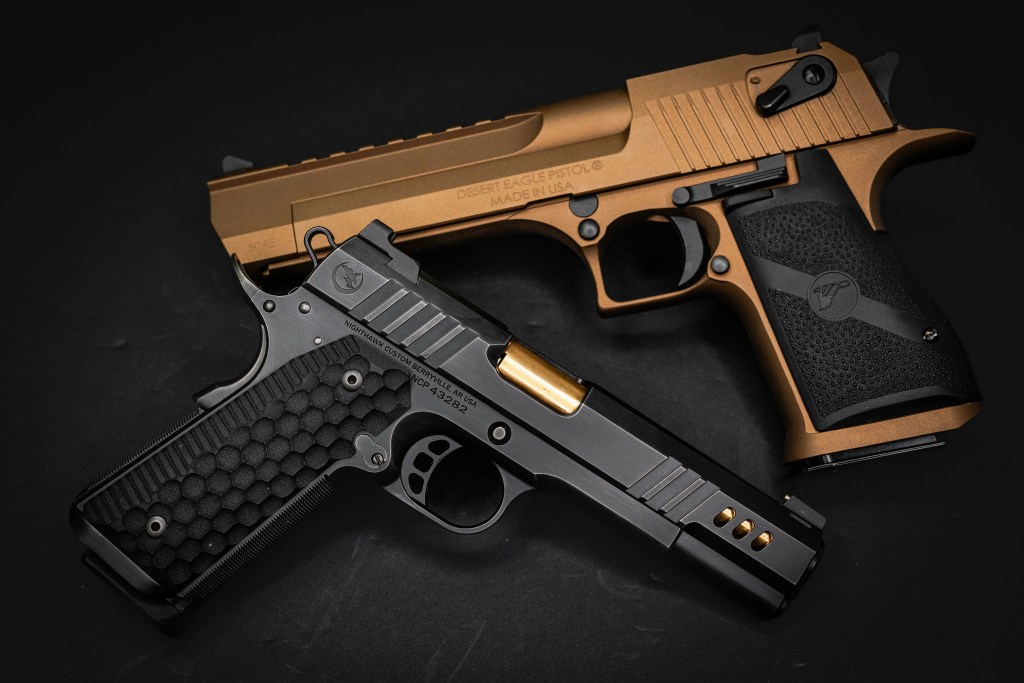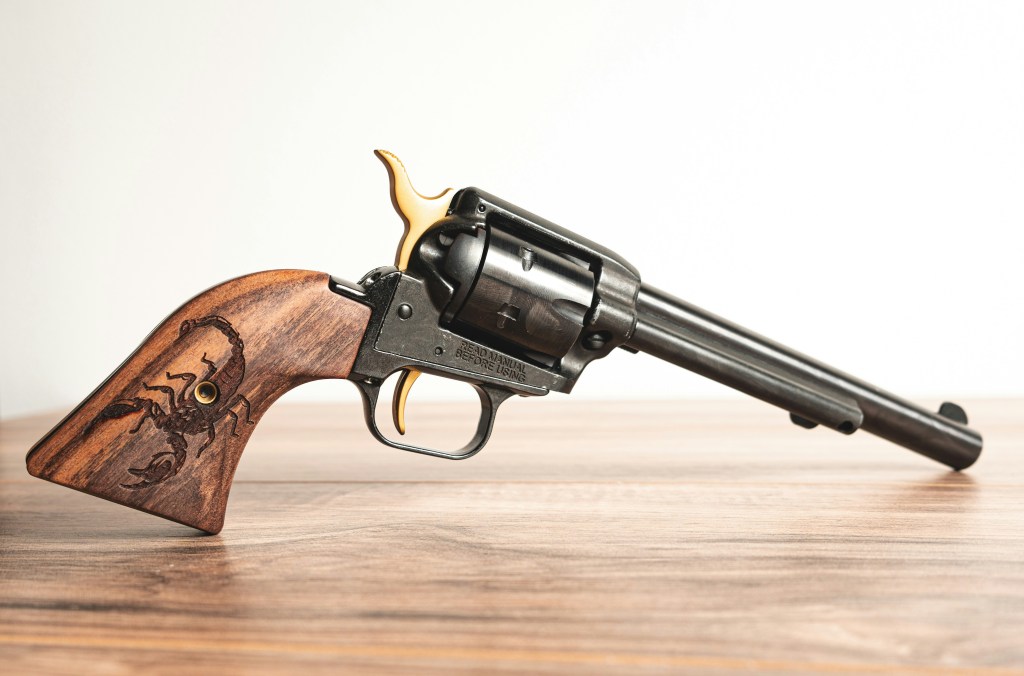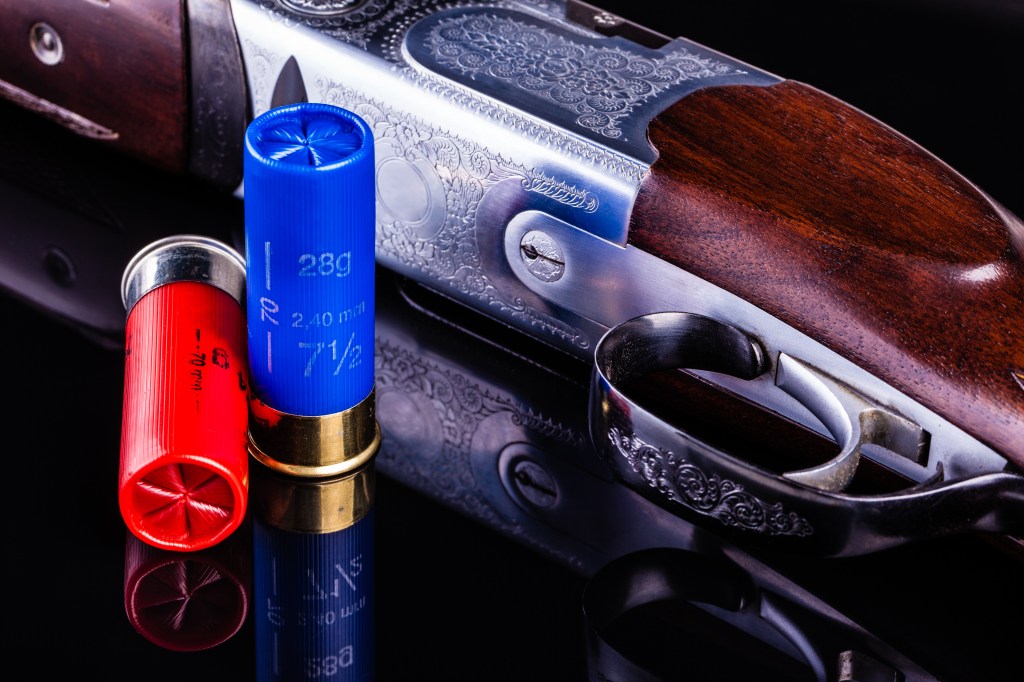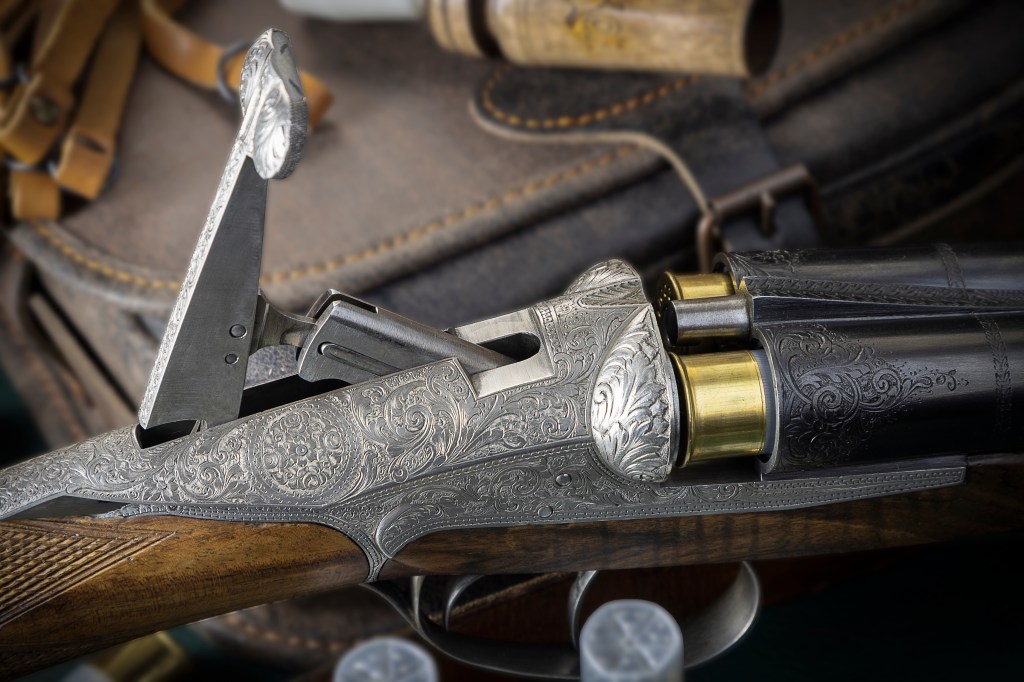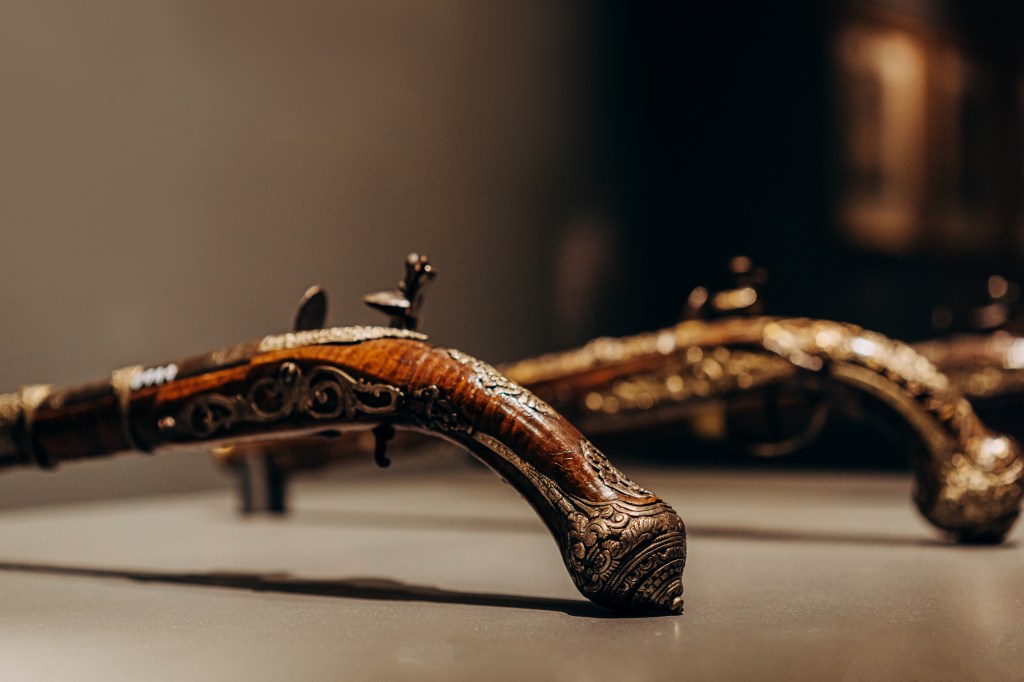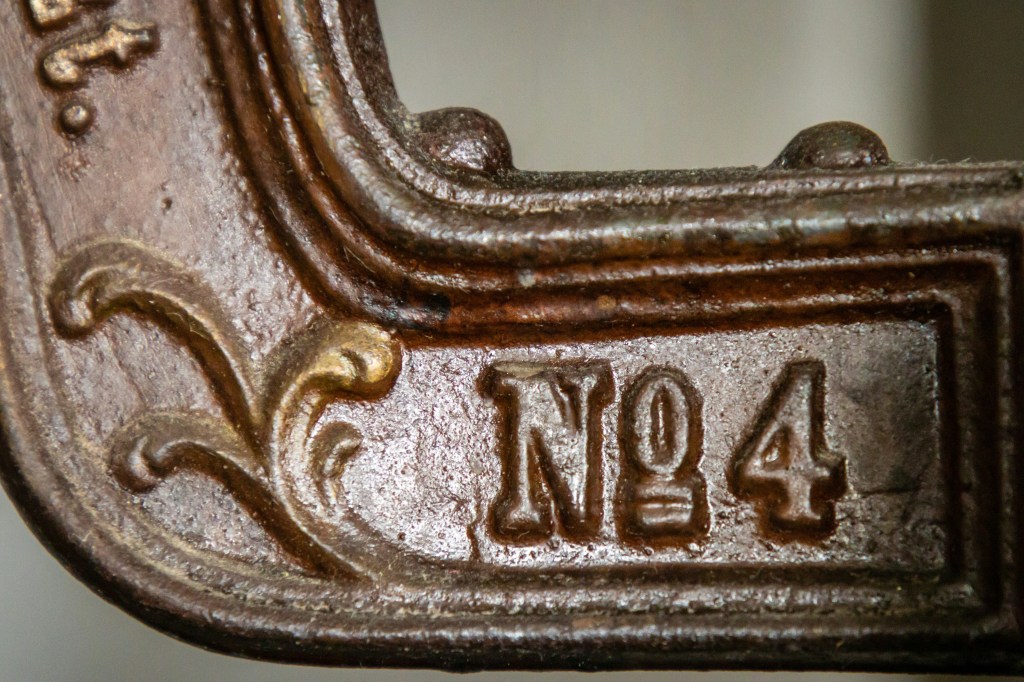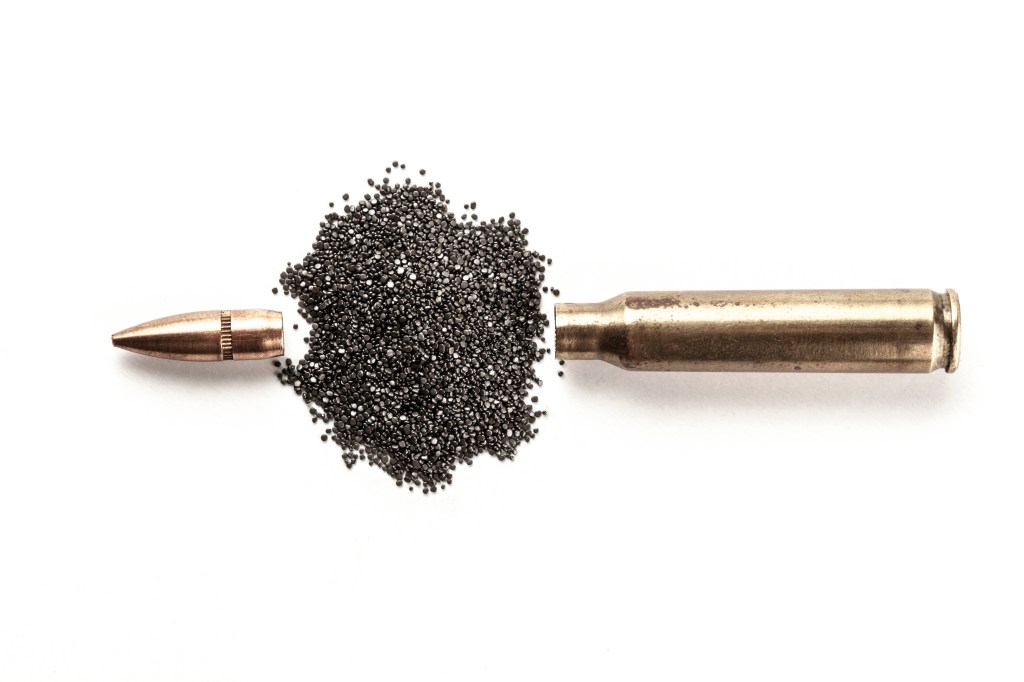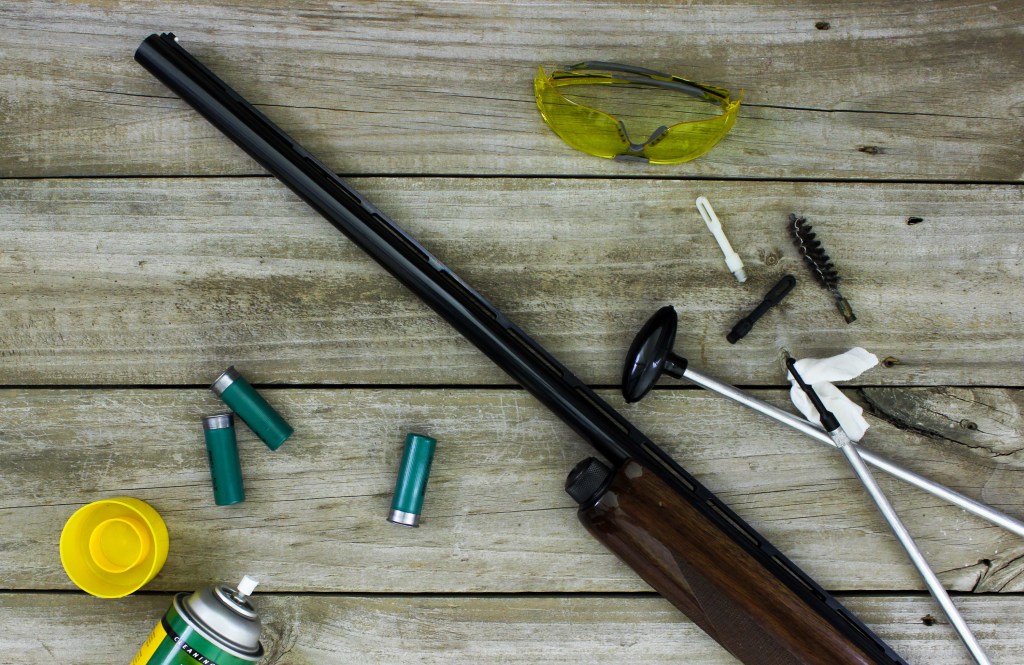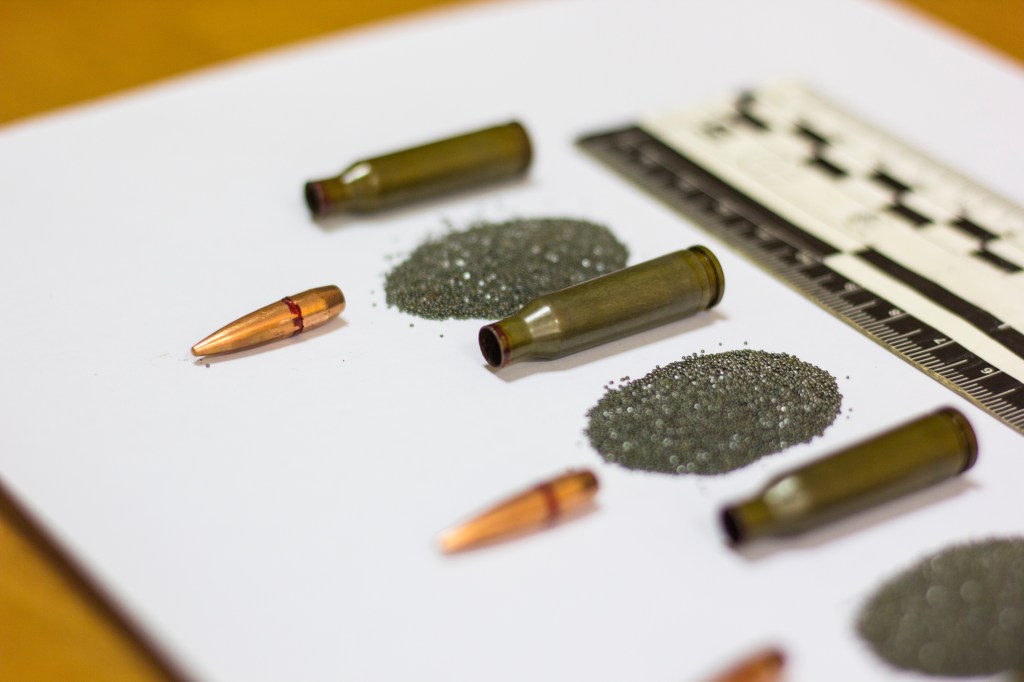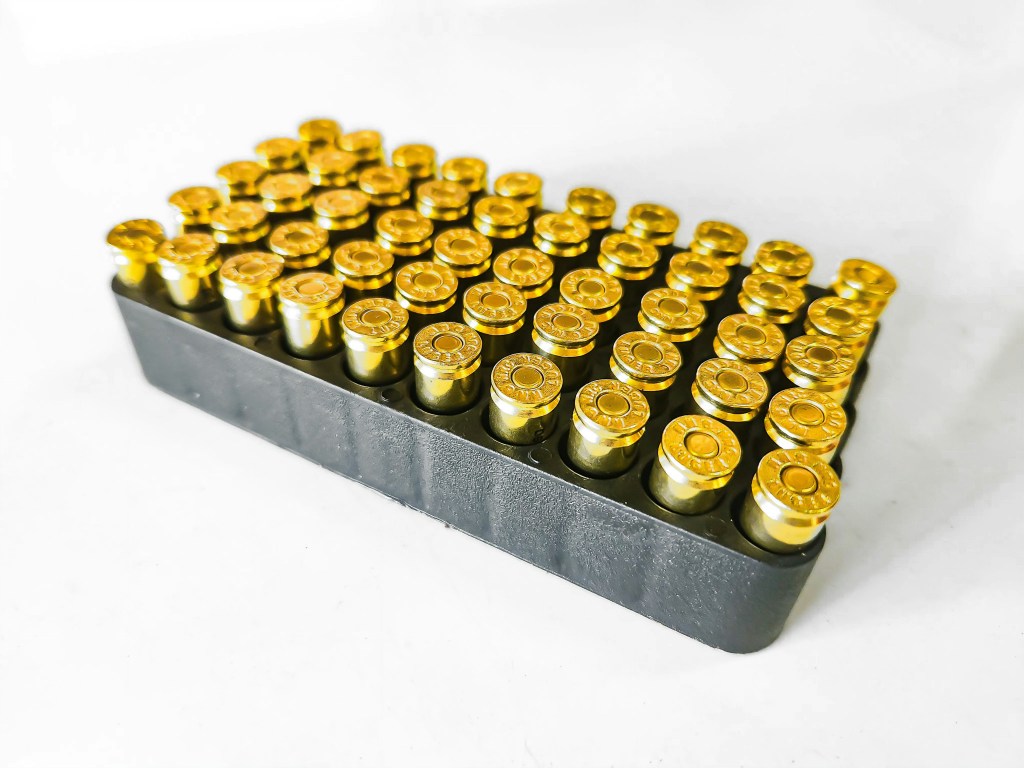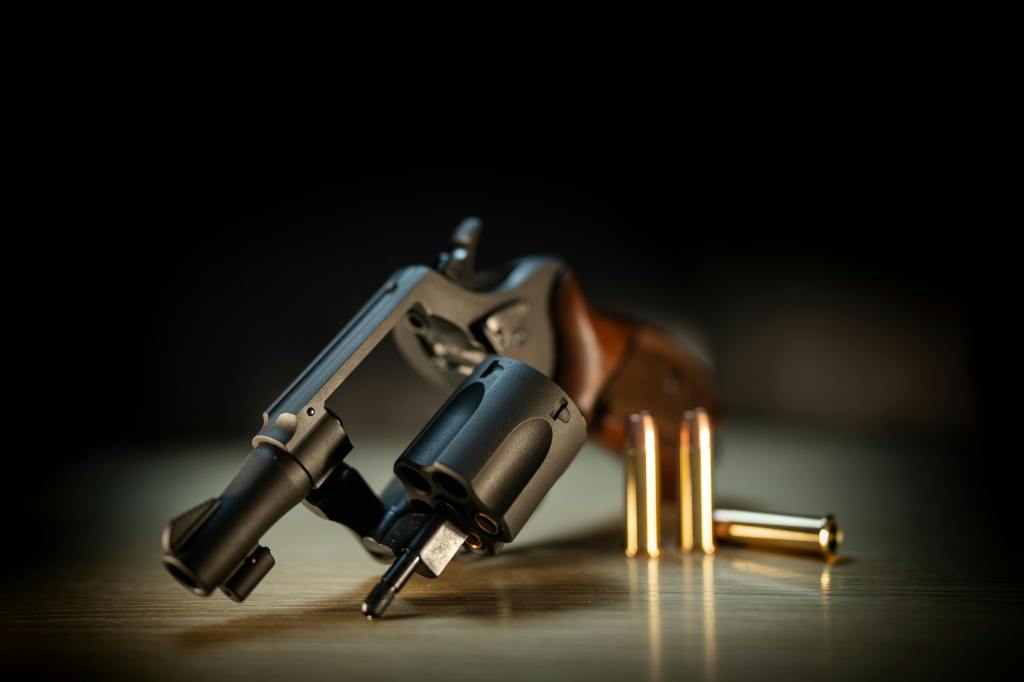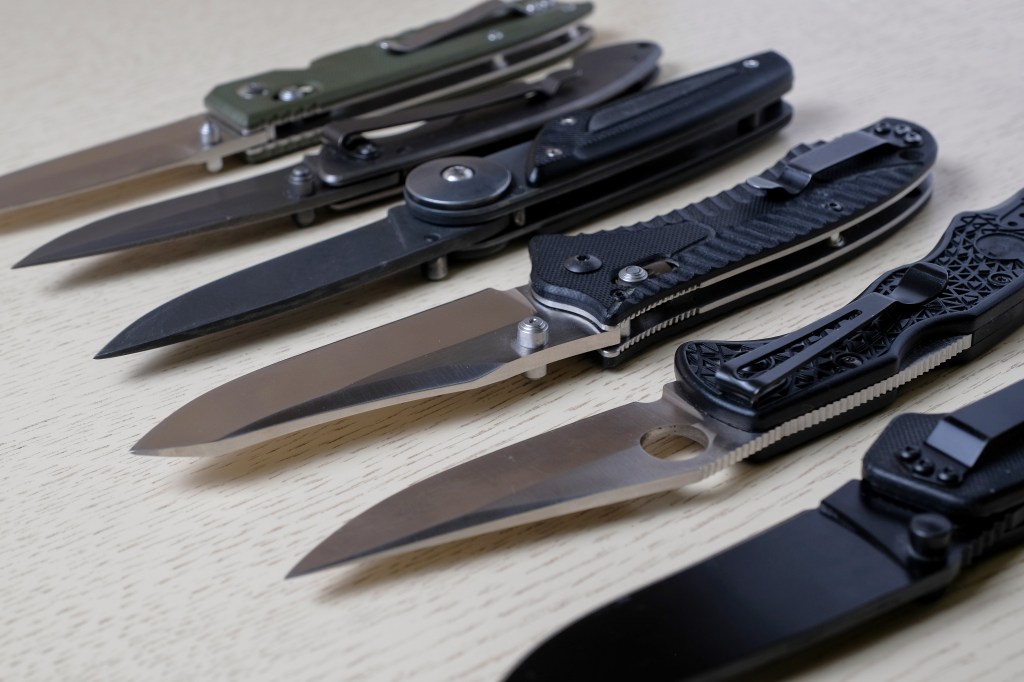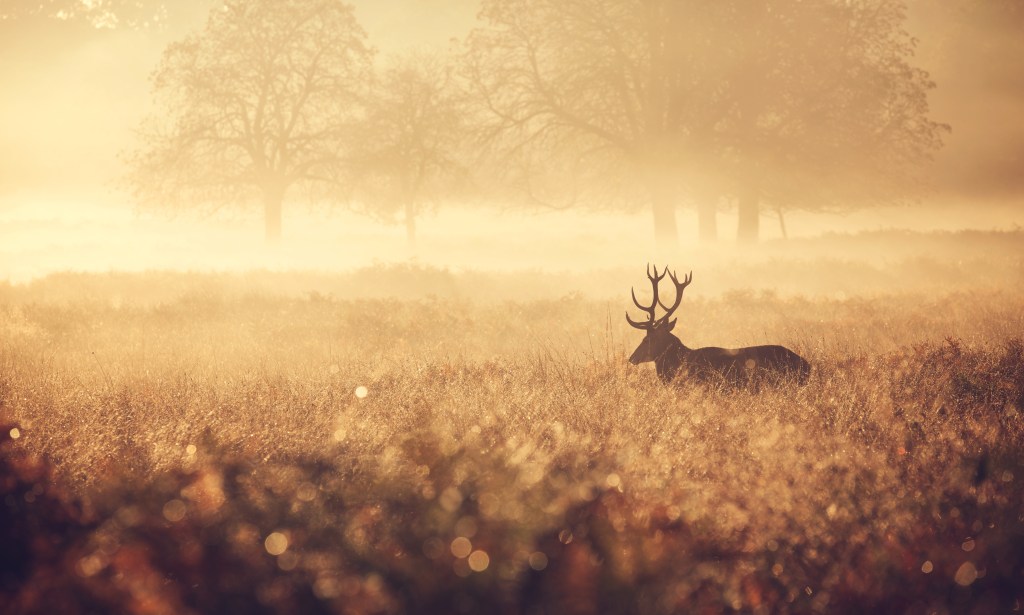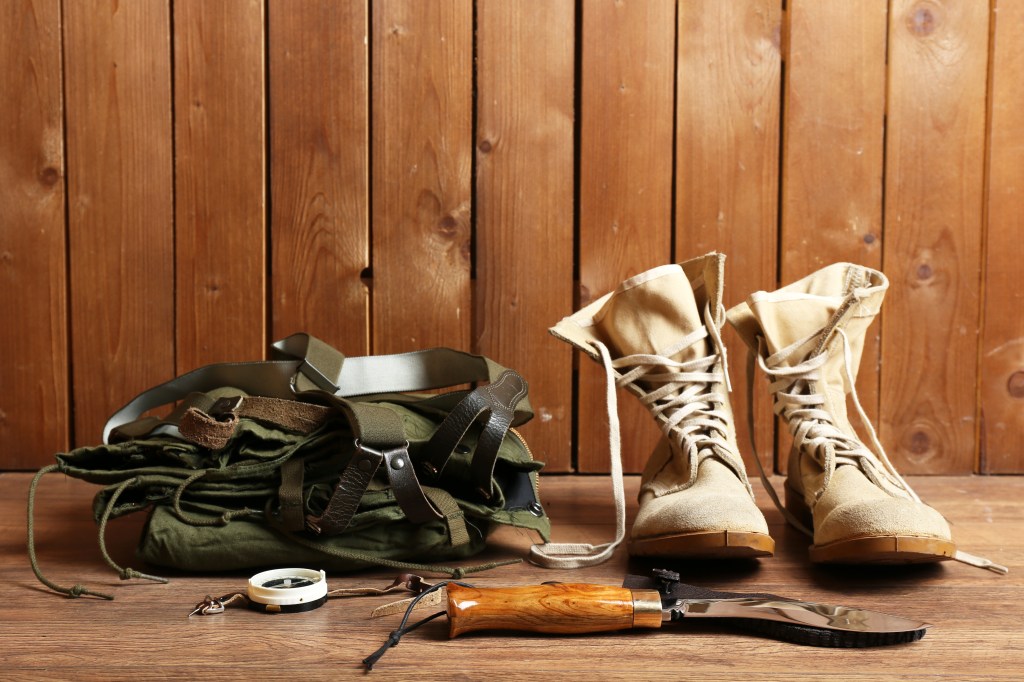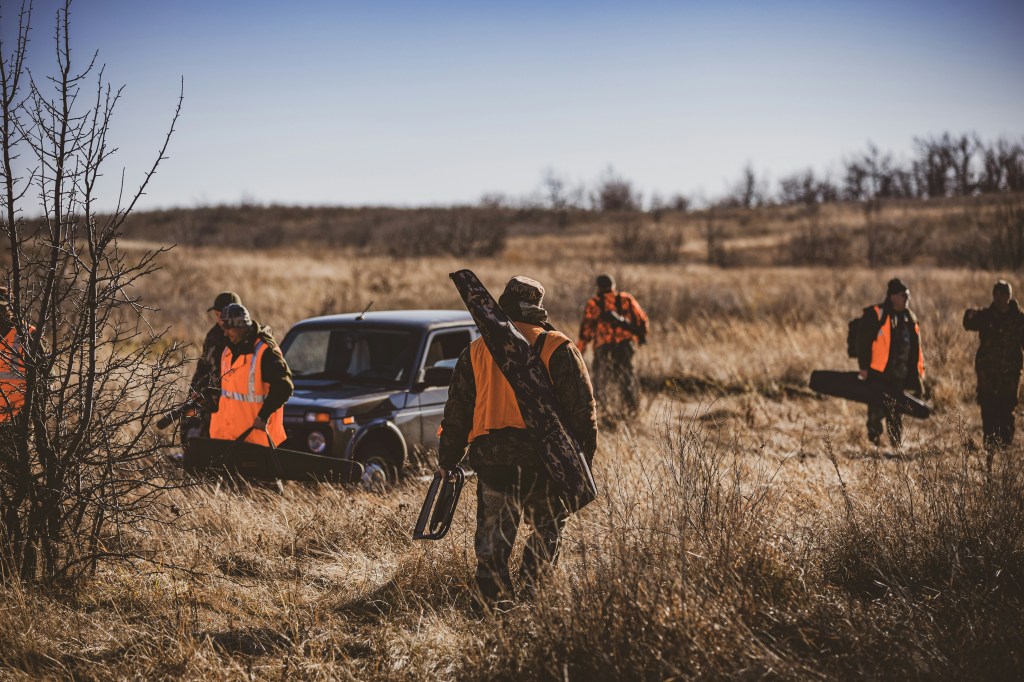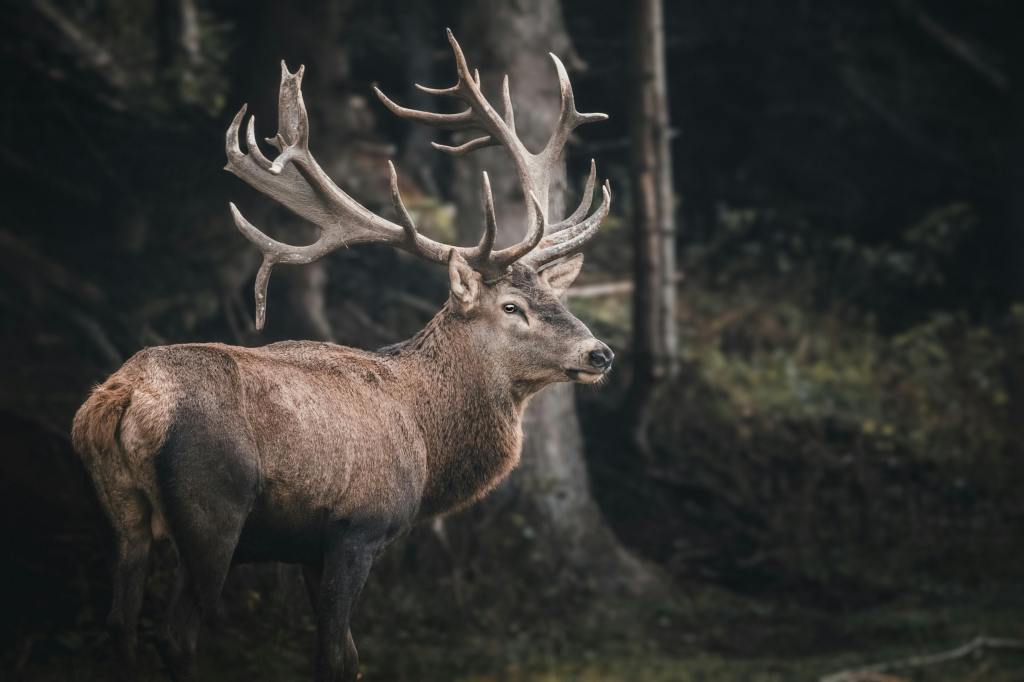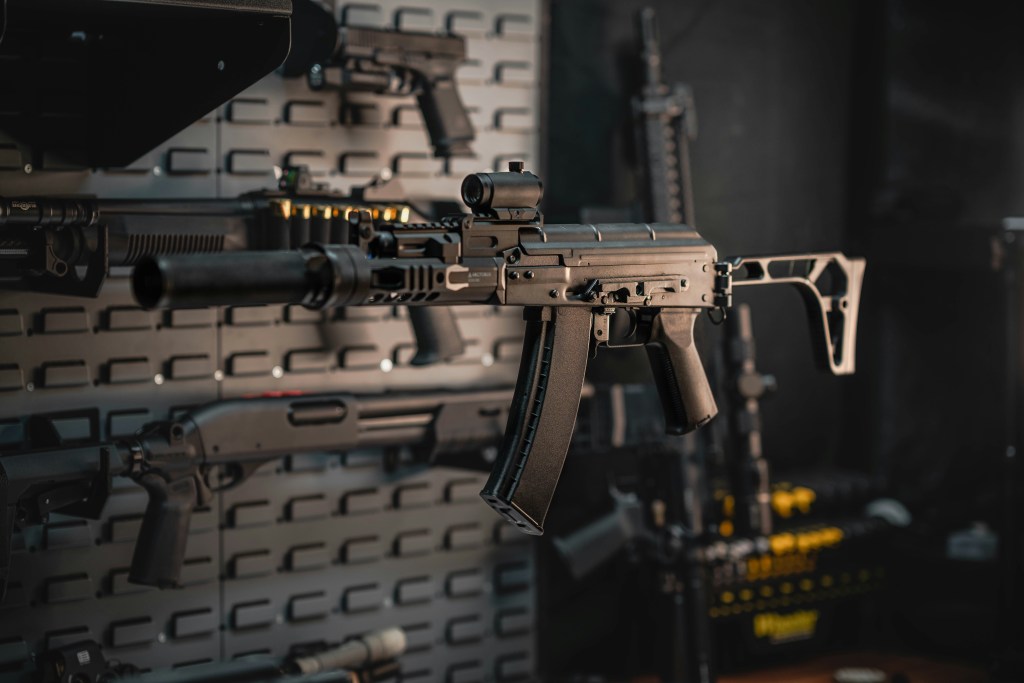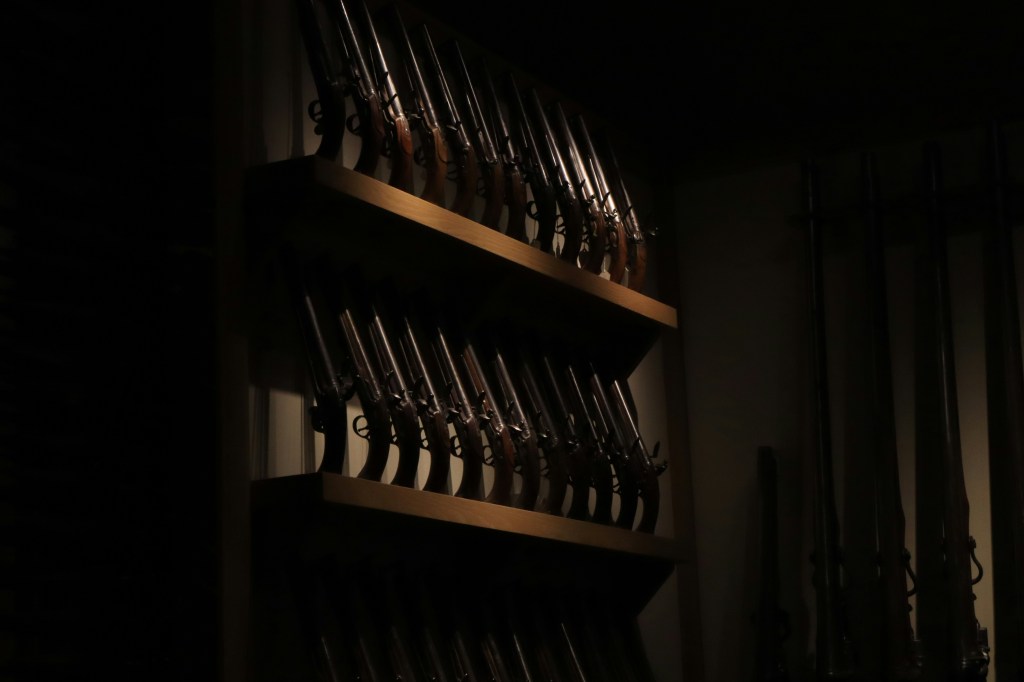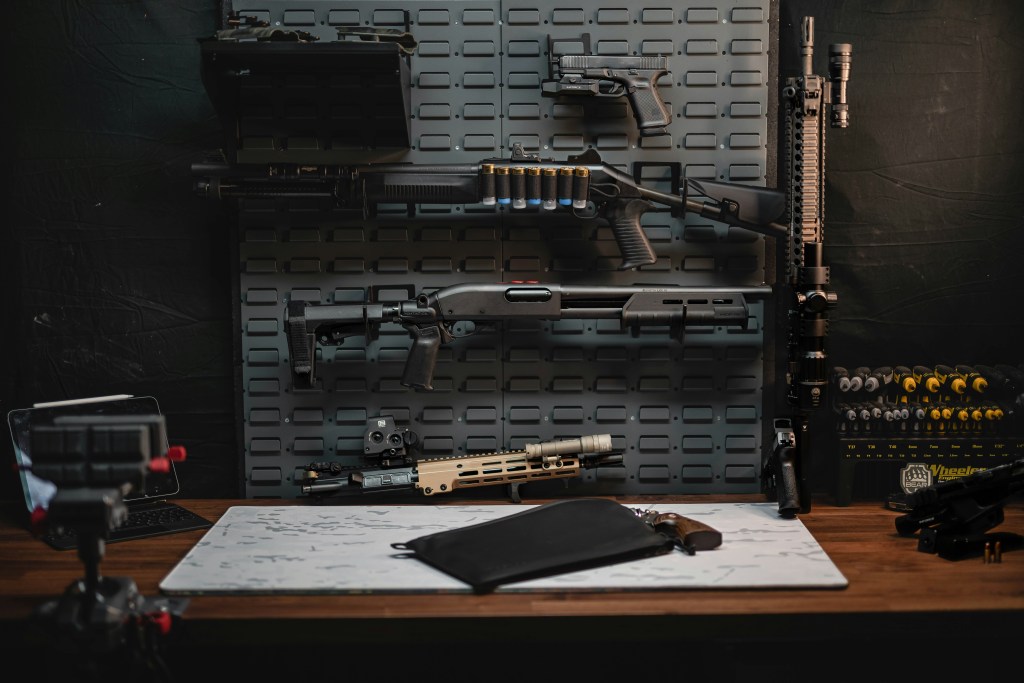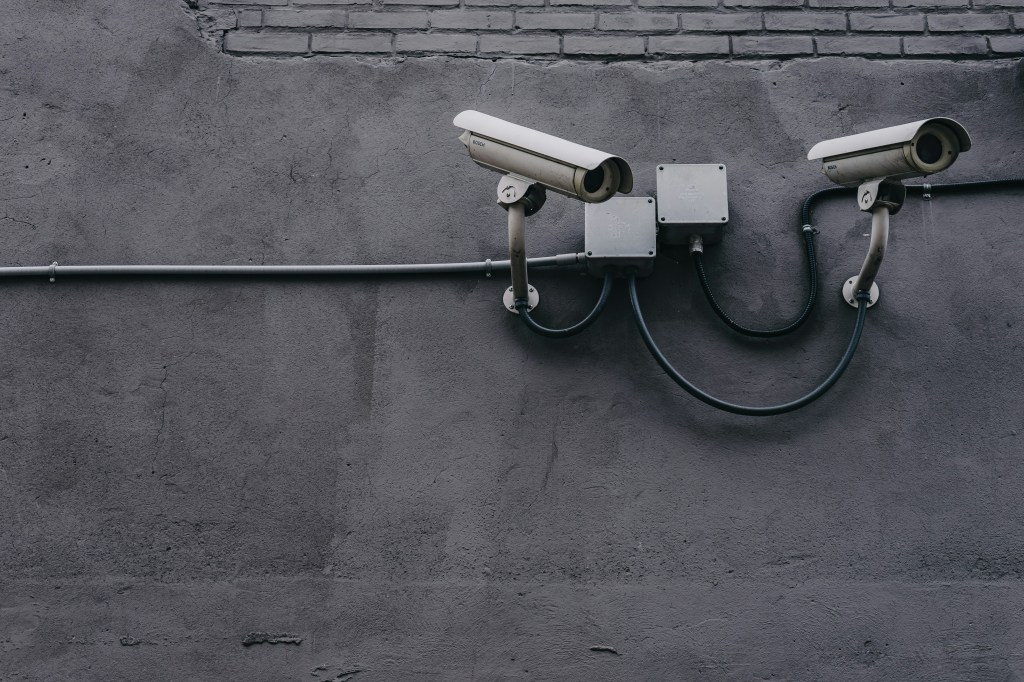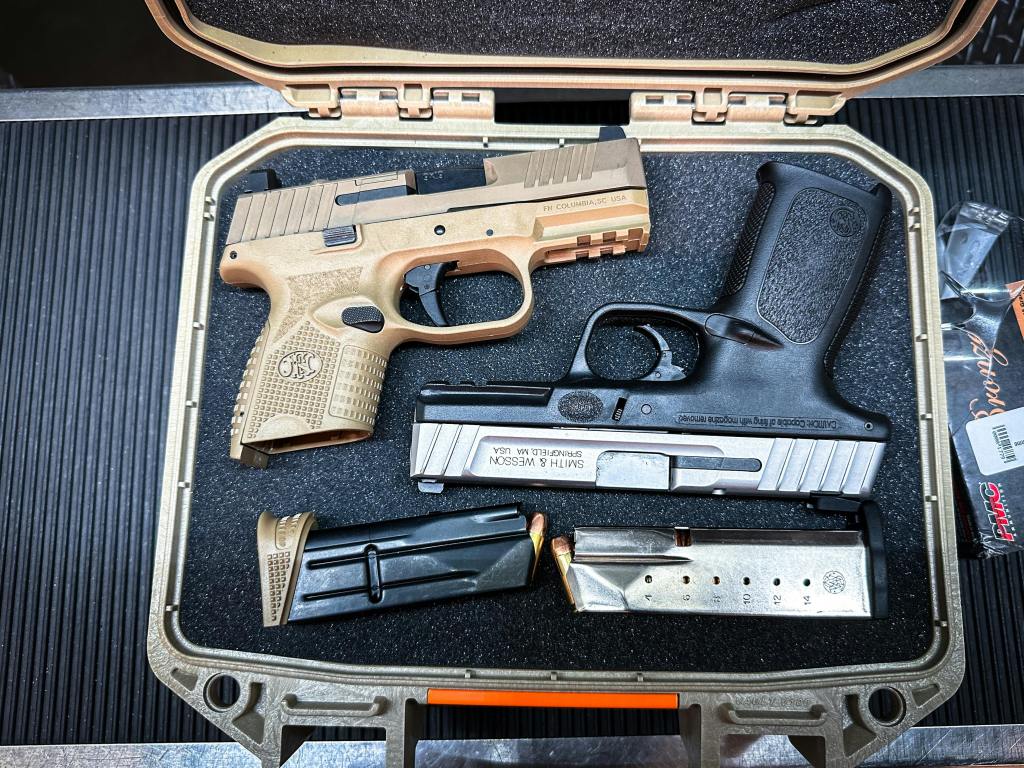Discover the essential information about C&R licenses for firearms, including options, requirements, and tips. Read the guide to make informed choices.
C&R Licenses for Firearms: Opening the Door to Collecting History
Firearm collecting is steeped in history and passion, drawing enthusiasts who value the artistry and significance of vintage pieces. The Curio & Relic (C&R) license is essential for collectors focused on preserving and acquiring historically significant firearms. The Federal Firearms License streamlines the purchasing process for collectors and outlines guidelines for the responsible ownership and transfer of curio and relic firearms. Whether you’re new or experienced, understanding the C&R license is crucial.
What Qualifies as a Curio or Relic Firearm?
Not every old gun is a relic. Knowing the C&R eligibility criteria and ATF regulations is essential for collectors in firearms ownership.
C&R qualifications
C&R firearms are distinguished by their unique appeal to collectors, stemming from characteristics that extend beyond standard sporting applications or conventional offensive or defensive weapons. The Bureau of Alcohol, Tobacco, Firearms, and Explosives (ATF) provides specific criteria that define what qualifies as a C&R firearm.
C&R eligible firearms
To be classified as a C&R firearm, a weapon must adhere to one of the following categories:
- Age Requirement: A firearm must have been manufactured at least 50 years prior to the current date. This age requirement specifically excludes any replicas thereof, focusing solely on original models that have historical context.
- Museum Certification: Firearms can also attain C&R status if they are certified as a curio or relic by a curator associated with a local, state, or federal museum. This endorsement is typically linked to the firearm’s relevance to a museum’s interest, emphasizing its significance in the realm of history or culture.
- Monetary Value and Historical Association: Some firearms qualify as C&R based on their monetary value, which is influenced by factors such as uniqueness, rarity, or their connection to notable historical figures, events, or eras.
These criteria ensure C&R firearms are recognized as significant artifacts that enhance our understanding of historical narratives and cultural evolution. (Source: ATF Regulations https://regulations.atf.gov/478-11/2019-24301#478-11)
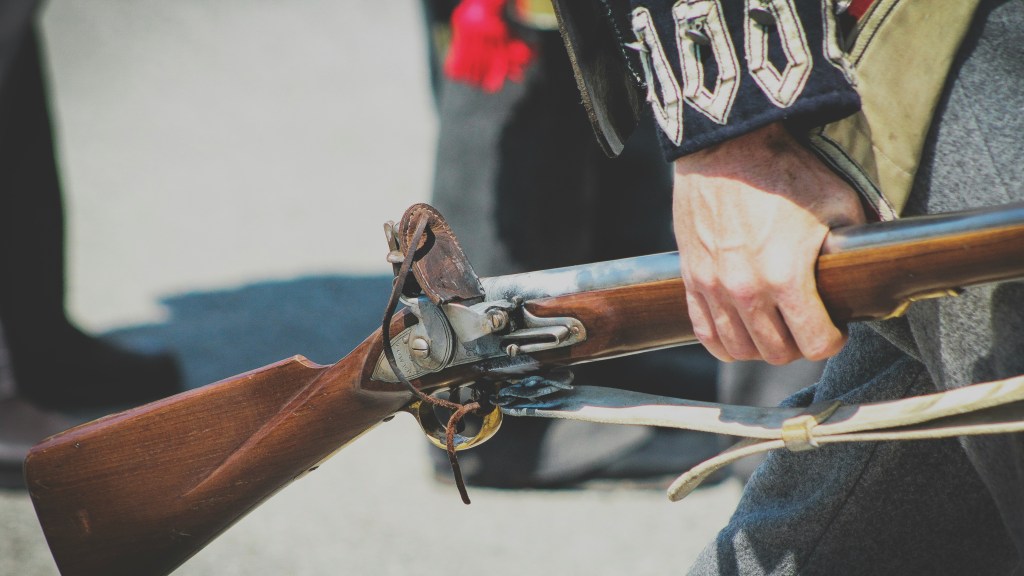
The Application Process: How to Get a C&R License
Obtaining a Curios and Relics (C&R) license can be an exciting opportunity for collectors of historical firearms. However, the application process involves several important steps that require careful attention and adherence to both federal and local regulations.
Licensed collector qualifications
To apply for a C&R license, you must be a US citizen and at least 21 years old. The license is designed for firearm collectors, allowing them to acquire firearms without the ability to manufacture or sell them. Collectors are required to maintain detailed records and specific responsibilities and may be subject to inspections.
Key eligibility requirements include:
- The applicant must not be prohibited from shipping, transporting, or possessing firearms or ammunition.
- The applicant cannot have willfully violated any provisions of the related Act.
- The applicant must have a physical location from which to conduct business and comply with state and local laws.
- The applicant must complete the ATF Application Form 5300.37 to certify compliance with laws and submit the ATF Form 5300.36 to notify local law enforcement of their intent to apply for the license.
A firearm can be classified as a curio or relic if it is at least 50 years old, is not a replica, or is certified by a museum curator as historically significant or rare. (Source: ATF guidelines on Curios and Relics license application)
Application process
To begin the application process for a C&R license, the first requirement is to be a U.S. citizen and at least 21 years of age. Applicants must complete and submit the Application for Federal Firearms License specifically designated for Collectors of Curios and Relics. This application needs to be submitted to both the U.S. Department of Justice and your local Chief Law Enforcement Officer (CLEO). Additionally, it is vital to fill out a Certification of Compliance with U.S.C. 922, which demonstrates that you understand and are compliant with all relevant regulations governing C&R firearms.
Federal law
It’s important to note that even with a C&R license, all firearms are still subject to the provisions of the Gun Control Act of 1968 (GCA). This means that while collectors may have more leniency with certain types of firearms, they must remain compliant with federal laws governing the ownership and transactions of firearms.
Payment and fees
In conjunction with your application, please don’t forget to include your payment. The fee associated with the application varies, so check the current requirements to ensure you submit the correct amount.
Local regulations
Lastly, beyond federal requirements, it’s critical to review your local and state laws concerning C&R licenses. Regulations can differ significantly from one jurisdiction to another, so thorough research and preparation are essential before submitting your application. Understanding your local laws will help ensure that you are fully compliant and avoid any potential legal issues.
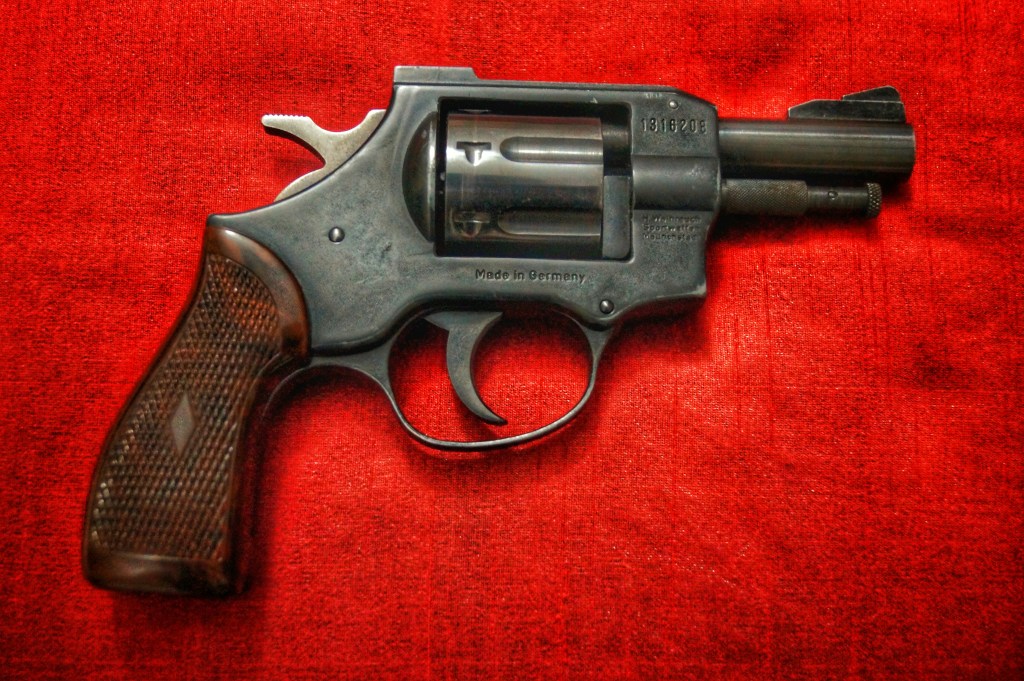
The Benefits of Holding a C&R License
Curio and Relic (C&R) licenses offer distinct advantages for firearms collectors, enhancing the collecting experience and the financial aspects of obtaining unique firearms.
Understanding C&R benefits
The C&R license, formally known as the Federal Firearms License Type-03, is issued by the Bureau of Alcohol, Tobacco, Firearms, and Explosives (BATFE). This designation enables collectors to acquire firearms with historical significance or unique qualities without the typical burdens associated with purchasing regular firearms.
Streamlined purchasing process
One of the most significant advantages of holding a C&R license is the simplified purchasing process. C&R license holders can purchase firearms classified as curios and relics directly, eliminating the need to pay third-party transfer fees and complete the standard 4473 form. This streamlined method not only saves time but also reduces the cost associated with each transaction.
Financial savings and accessibility
In addition to easing the purchasing process, licensed collectors may benefit from reduced dealer prices when buying from distributors. This financial advantage further enhances the appeal of the license, as collectors can save money and possibly access exclusive deals. Furthermore, certain firearms may be shipped directly to the license holder, providing convenience and additional savings on shipping fees.
Interstate commerce
For collectors looking to expand their collections, a Curios and Relics (C&R) license offers significant advantages for purchasing firearms across state lines, as long as the firearms are listed on the ATF’s Curios and Relics list. This ability to buy firearms interstate greatly broadens the selection of available curio and relic firearms, enabling collectors to tap into markets and opportunities that state regulations might otherwise restrict.
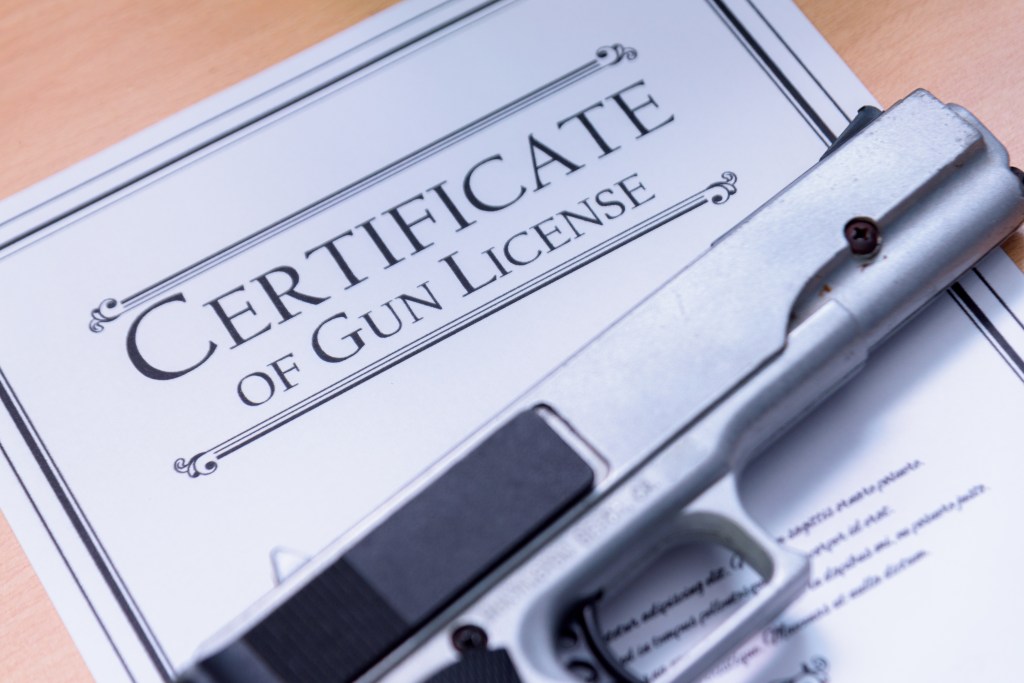
The Pitfalls and Limitations Collectors Must Consider
While a Curios and Relics (C&R) license can be an enticing tool for firearms collectors, it comes with its own set of responsibilities and restrictions. It’s essential to navigate the pitfalls and adhere to the regulations associated with this privilege to ensure compliance with federal laws.
Pitfalls and limitations
One of the major caveats of holding a C&R license is the range of pitfalls and limitations that users must be aware of. For example, under the National Firearms Act, certain items like fully automatic machine guns and short-barreled rifles are restricted, regardless of their age. In addition, this license prohibits the collection, sale, or manufacture of firearms.
Additionally, the C&R license is strictly for personal collection and enjoyment, meaning that those looking to sell firearms must obtain a Federal Firearms License (FFL) Type 01 or Type 07, each with its own set of responsibilities. Furthermore, collectors must stay informed about any changes in laws and regulations.
Record keeping and audits
Another vital aspect of maintaining a C&R license is the requirement for meticulous record-keeping. The Bureau of Alcohol, Tobacco, Firearms, and Explosives (ATF) has the authority to conduct audits, which necessitates that collectors maintain detailed and accurate records in a bound book. Each entry must include the make, model, and type of gun, as well as the model and serial number, caliber, name and address of the seller, and the purchase date. Keeping organized records is not only a legal requirement but also a best practice to ensure a smooth auditing process.

C&R Firearm Transfers and Traveling with Relics
Firearm owners must be well-informed about the regulations surrounding interstate transfers, shipping rules, and travel with these types of firearms. A firm grasp of these topics helps mitigate legal risks, ensuring the safety and security of personal collections.
Firearm transfers
When transferring C&R firearms, both the shipper and receiver must be aware of the relevant laws. A valid C&R license and FFL may allow the license holder to receive interstate shipments. Both parties should consult a legal professional for specific regulations.
Responsibilities of C&R license holders
Maintaining compliance with all applicable laws is crucial for C&R license holders. Adhering to these regulations helps collectors avoid potential legal headaches and promotes the security and preservation of their firearm collections. Remaining informed and responsible ensures that the joys of collecting do not come with unnecessary complications.
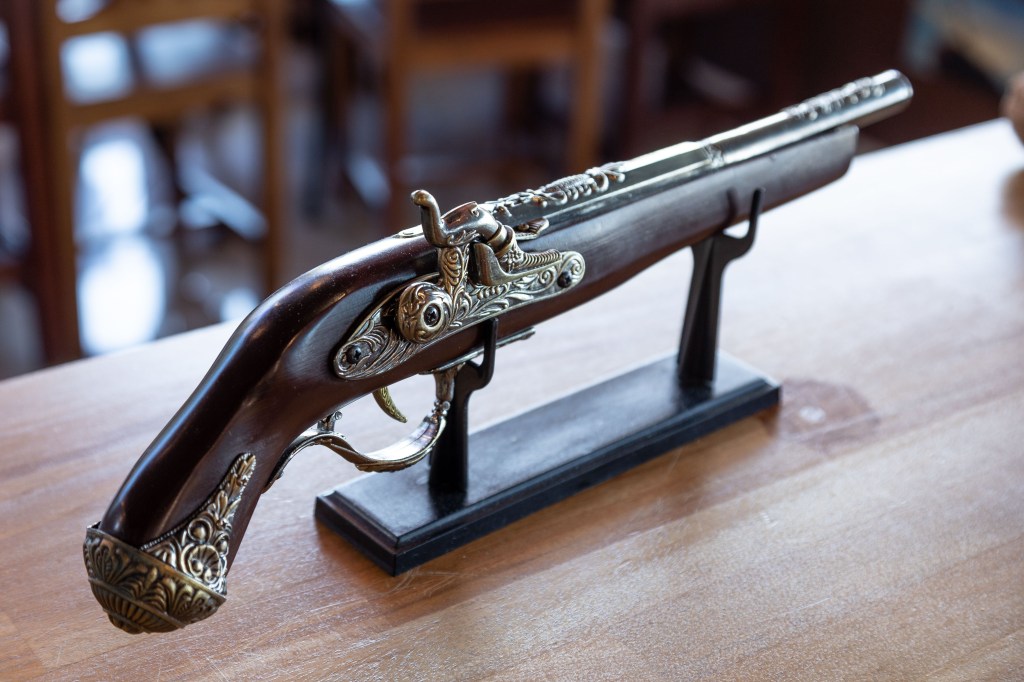
Insurance Considerations for C&R Collections
A C&R license can significantly enhance both the size and value of your firearm collection. As your collection grows, so does the need to protect it adequately. This is where specialized firearm insurance becomes vital, ensuring that even your most historic pieces are safeguarded against theft, loss, or damage.
When collecting curios and relics, standard homeowner’s insurance often falls short of providing the necessary protection. Investing in firearm collector license insurance can offer peace of mind, knowing that your valuable items are covered by a policy tailored specifically for collectors.
Is a C&R License Right for You?
A C&R license can be a valuable asset for expanding a firearms collection. However, pursuing a C&R license requires careful consideration of the associated legal obligations, record-keeping requirements, and responsibilities. It’s essential to balance personal passion with these commitments.
This article is intended for informational purposes only and you should not interpret anything contained in it as legal advice. Collectibles Insurance Services, LLC, its parents, affiliates, and anyone connected with them are not responsible or liable in any way for your use of the information contained in or linked to from this article. Reliance on the information provided in this article is solely at your own risk. If you have questions about gun laws or any of the topics addressed in the article, you should contact an attorney or subject-matter expert.
Sources
https://www.atf.gov/firearms/curios-relics
https://www.rifleshootermag.com/editorial/rifleshooter-basics-how-to-obtain-cr-license/83861
https://www.nramuseum.org/gun-info-research/collectors-federal-firearms-license.aspx
https://gununiversity.com/cr-license/
https://www.calgunlawyers.com/unlock-the-power-of-a-curio-and-relics-license-discover-how-to-save-time-money-and-hassle-on-your-firearm-collection-in-california/
https://www.massgunownership.com/curio-relic-ffl.html
https://regulations.atf.gov/478-11/2019-24301#478-11-p432088716
https://ascentlawfirm.com/gun-curio-and-relic-licenses/
https://www.fastbound.com/type-03-ffl

